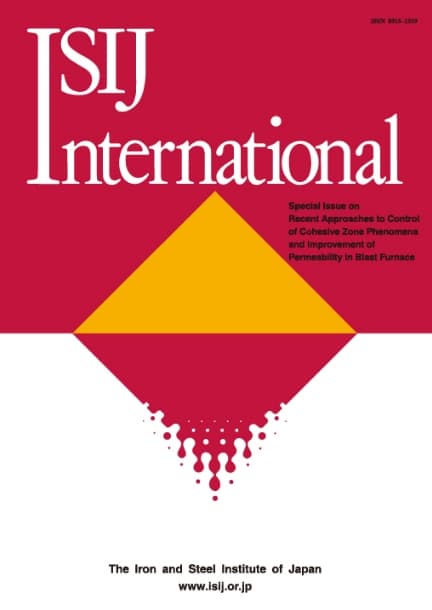On the Ductile-Brittle Transition in Lath Martensitic Steel
John William Morris, Jr.
pp. 1569-1575
Abstract
The inherent brittle mode in dislocated lath martensitic steel is cleavage on {100} planes in the microstructure. The transition to {100} cleavage fracture on cooling determines the minimum value of the ductiule-brittle transition temperature. A half-century of research on the microstructure and toughness of lath martensitic steels has produced a semi-quantitative understanding of the brittle transition to cleavage. The results identify the crystallographic “block” of lath martensite as the effective grain size that controls cleavage, and clarify why the internal structure of a block has the microstructure it adopts. The ductile-brittle transition temperature is strongly affected by the block size. Several effective metallurgical processes are now available to refine the block size without excessive strengthening, leading to martensitic structural steels that combine high strength with good low-temperature toughness.
Readers Who Read This Article Also Read
ISIJ International Vol.44(2004), No.3
ISIJ International Vol.30(1990), No.8










